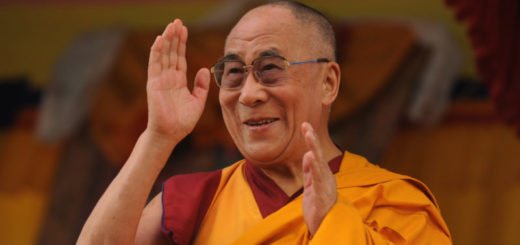Another flip of the coin – Rethinking Nobel
What was Alfred Noble’s intention for leaving behind his mass fortune for the establishment of the Noble Prize would never be clear as his decision only came to light when his will was opened after he passed away. – Rahul Gupta*
Every year on the 10th of December, an award is conferred to an individual who has done the most or the best work for fraternity between nations, the abolition or reduction of standing armies and for the holding and promotion of peace congresses, as stated in the will of Alfred Noble. No points for guessing, the award is ‘The Noble Peace Prize’.
What was Alfred Noble’s intention for leaving behind his mass fortune for the establishment of the Noble Prize would never be clear as his decision only came to light when his will was opened after he passed away. Yet Noble scholars do suggest that this was Alfred’s way of compensating for inventing dynamite and other powerful explosives. He never envisioned that his inventions would ever be used in war and for violence, thus it came as a shock to him when he heard himself being referred to as ‘The Merchant of Death’.
The reasoning behind wanting a peace category was less clear. Though the Norwegian Nobel Committee believes that his close friendship with Bertha Von Suttner might have been a cause. Bertha was renowned for her book, Lay Down Your Arms and became a prominent figure in the peace movement. And who later on did, in fact, get the Noble Peace Prize.
It was further stated in his will that the recipient was to be awarded and selected by Norwegians. Thus the Norwegian Nobel Committee, (whose five members are appointed by the Norwegian Parliament), was formed which has been giving the award every year since 1901, with a few exceptions.
As with all matters, the Noble Peace Prize nomination came with controversies due to its ambiguity. There is no clear demarcation on the meaning of peace because of its conceptual nature. There have been occasions wherein worthy candidates were overlooked and then there have been times when awarded individuals have in retrospect appeared to be poor choices.
One such example is of Mahatma Gandhi. He was nominated six times but never got shortlisted. Years later, Geir Lundestad, Secretary of Norwegian Nobel Committee in 2006 said, “The greatest omission in our 106-year history is undoubted that Mahatma Gandhi never received the Nobel Peace Prize. Gandhi could do without the Nobel Peace Prize, whether Nobel committee can do without Gandhi is the question.”
On the 6th of October, it was announced that the anti-nuclear weapons group Ican won the Noble Peace Prize. Berit Reiss-Andersen, the Nobel committee chair, said it was due to the group’s “groundbreaking efforts to achieve a treaty prohibition” on nuclear weapons.
Next year again the process will repeat all over again. Let us hope and wait and watch!

*Rahul Gupta is a columnist on war and peace studies who also imagines himself as a traveller, a lover of rain and words, and a healer
The views and opinions expressed in this article are those of the authors and do not necessarily reflect the views of The Kootneeti Team.


















